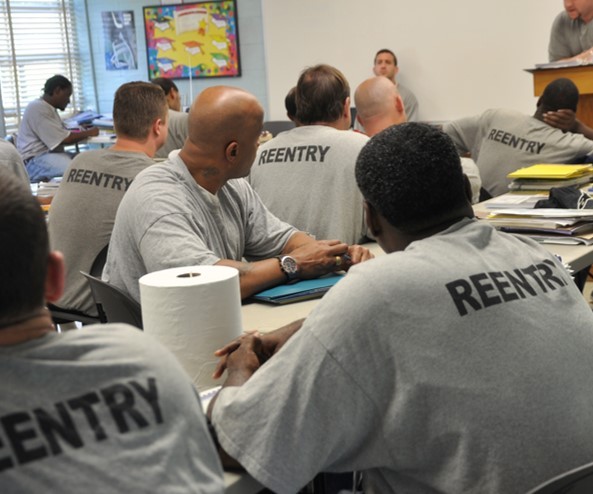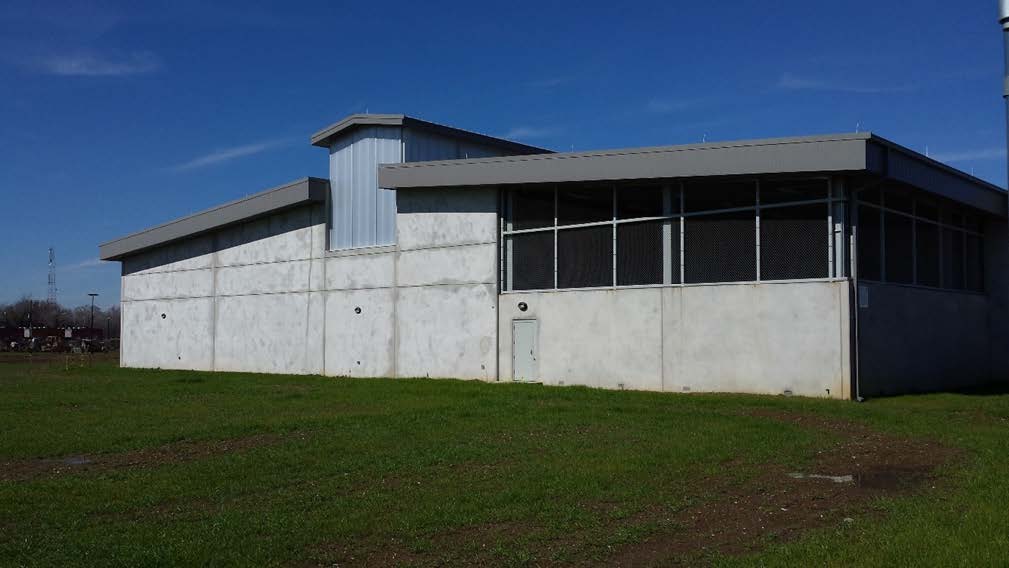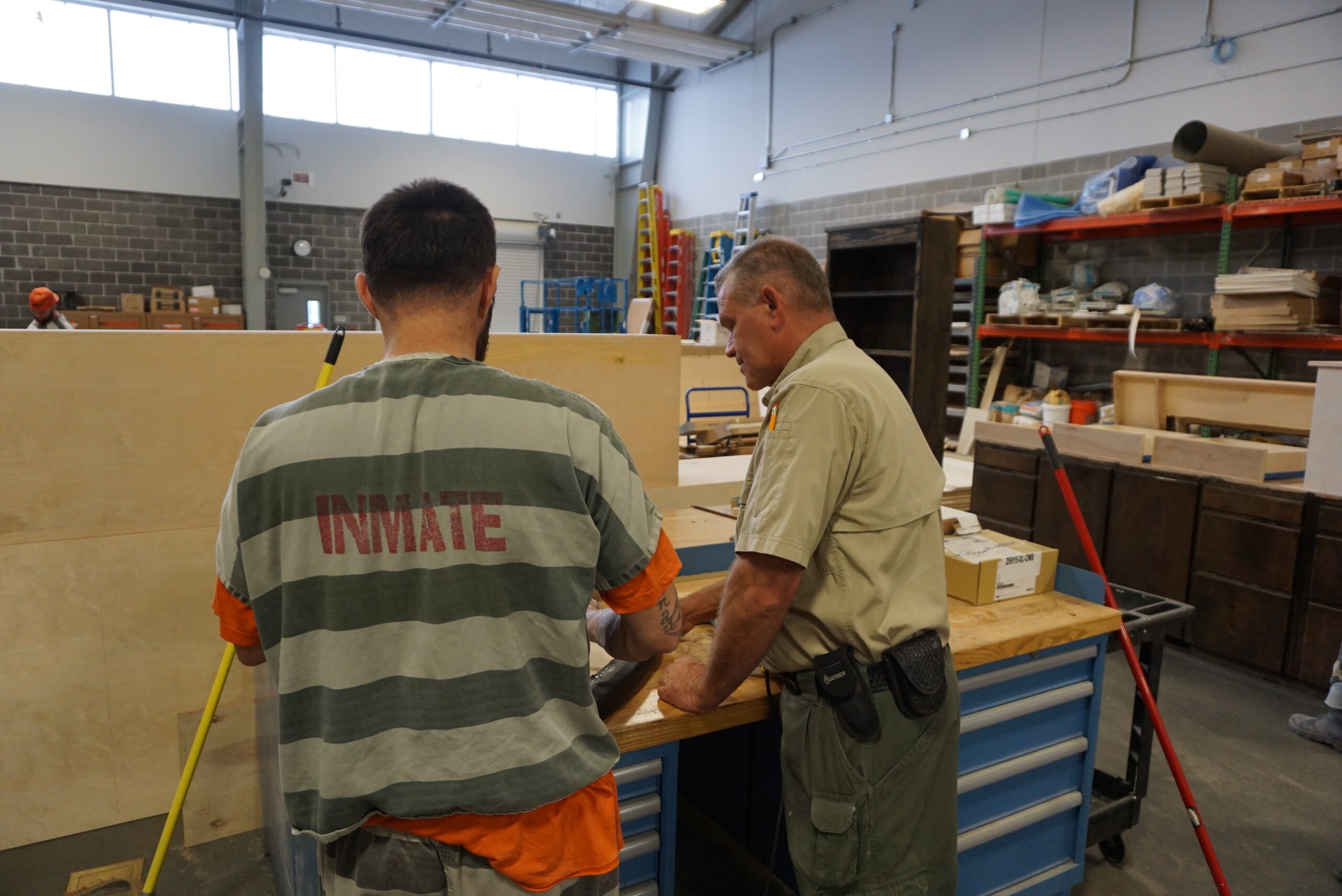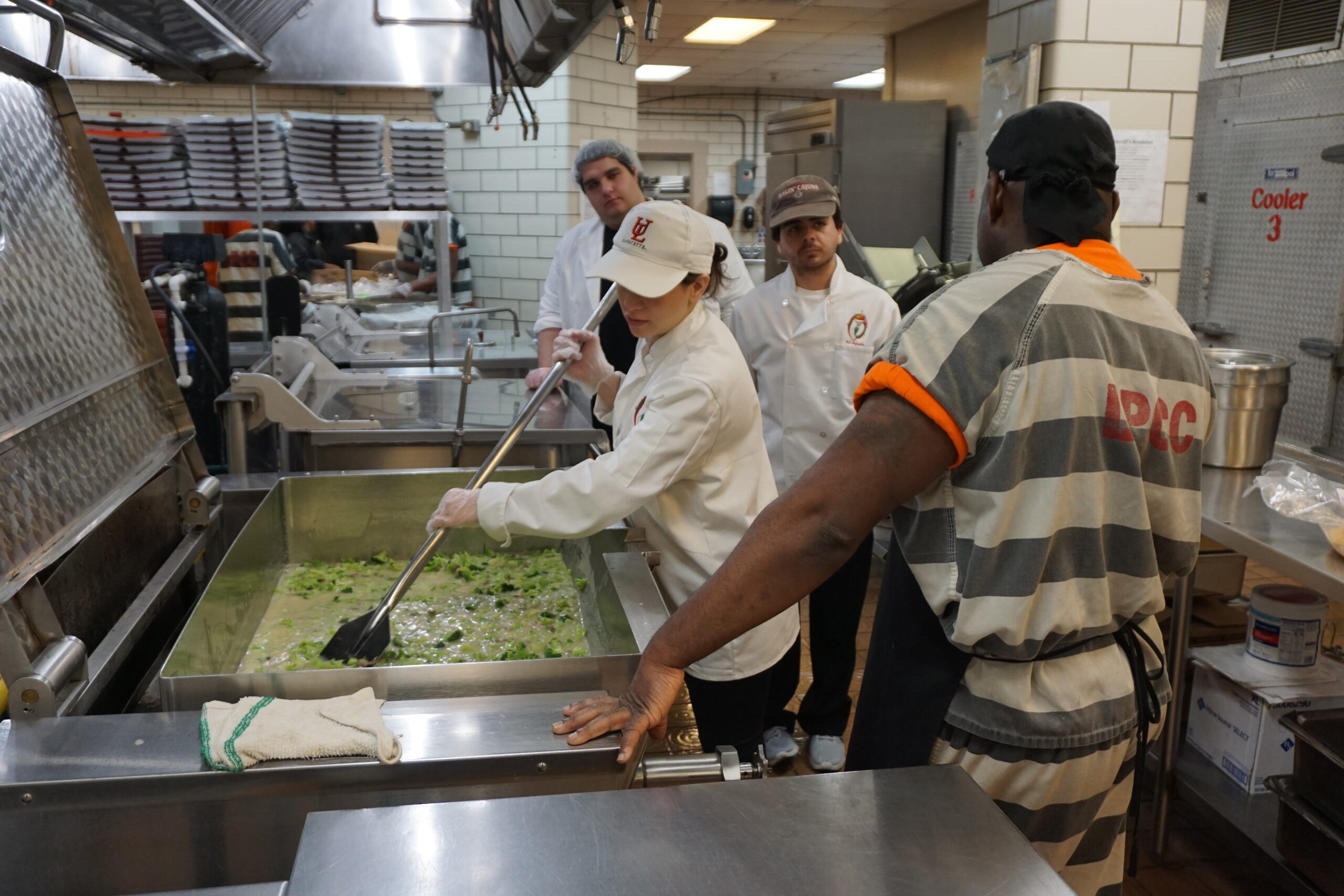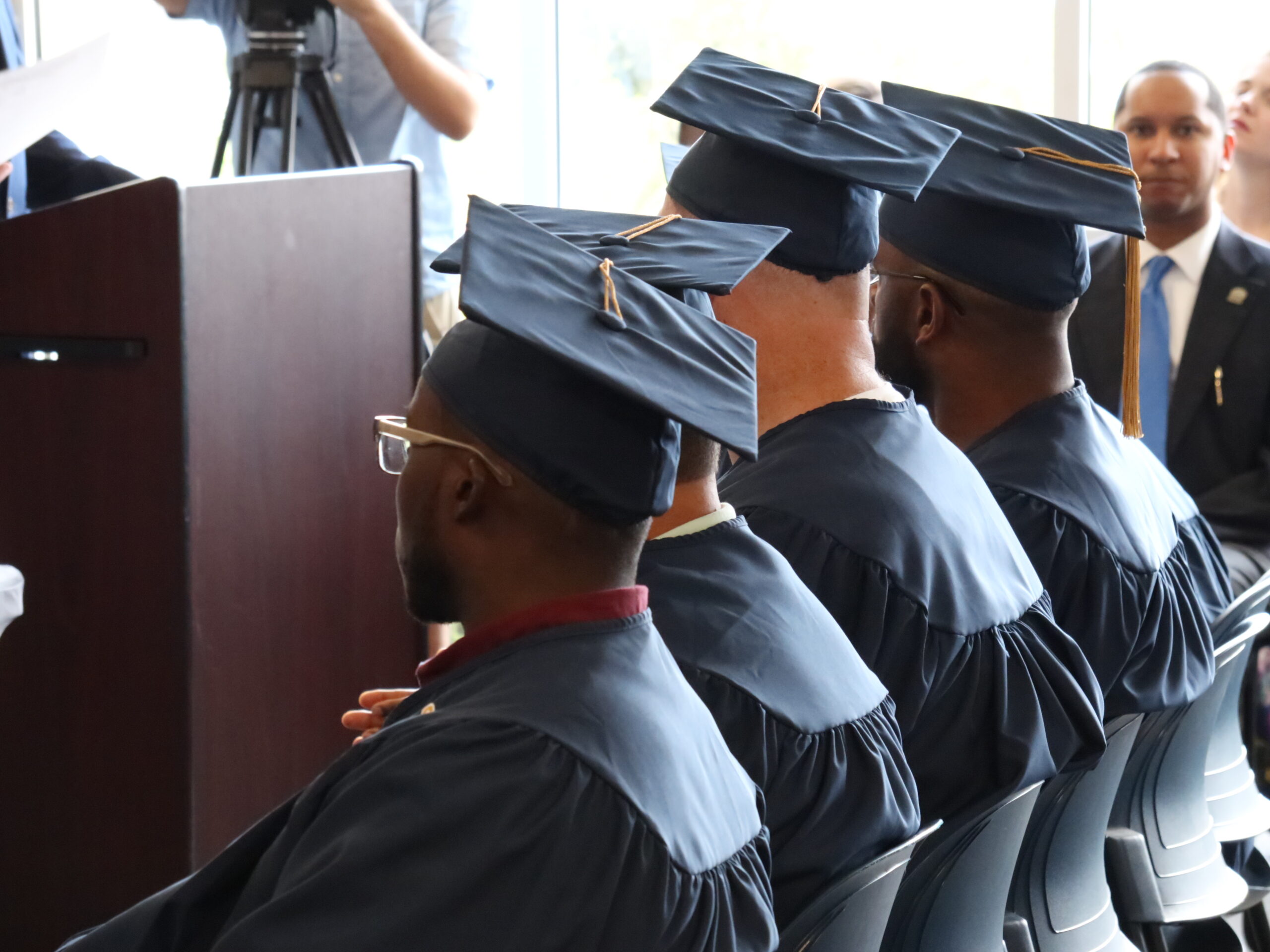Corrections
PROGRAMS
The Corrections Division develops several prevention and diversion programs to minimize the recidivism rates among others. Such programs shall provide the courts with a continuum of alternatives to incarceration or detention that are designed specifically to hold target populations accountable for their actions.
The Sheriff’s Tracking Offender Program (STOP) is responsible for screening sentenced parish and pretrial offenders currently housed in LPCC to determine eligibility for programming. STOP was designed for early identification of offenders’ individual needs. It also allows for placement of those in appropriate programs as a means of monitoring the offenders’ progress, or lack thereof, following a STOP referral.
The goals of STOP are to reduce the recidivism rate by addressing offenders’ individual needs through appropriate program placement, to ensure a fair and equitable manner for which all eligible offenders may be released from LPCC in order to help him/her become more productive members of society, to minimize the failure-to- appear rate in the courts by close supervision of those offenders released by the program, and to create linkages in supervision that allow for the highest level of success for person transitioning back into society.
The Reentry program includes intervention strategies for DOC offenders who are housed in local jails and returning to the Southwest Central Region of the State (Acadia, Allen, Evangeline, Iberia, Lafayette, St. Landry, St. Mary, St. Martin, and Vermillion Parishes), and an enhanced level of services which will better equip the offenders for reentry into the community upon release from incarceration. While participating in the program the offenders will reside at the DSU or the Lafayette Parish Correctional Center and receive the 100 Hour Pre-Release program, anger management, Moral Reconation Therapy, substance abuse education and/or treatment, parenting, HiSET prep and vocational certifications.
The Community Corrections department works with offenders leaving incarceration who are in need of housing, ID’s, clothing, medical, transportation, family support and other community services as well as employment services. Transitional Coordinators are available in each area of corrections in order to meet the needs of all offenders leaving corrections and transitioning into the community.
The Direct Supervision Unit (DSU) houses DOC offenders currently enrolled in the Reentry Program which receive life skills, religious, and educational programming. The DSU also houses offenders participating in the offender worker program.
The DSU operates utilizing the direct supervision method which means that staff are required to be in direct contact with offenders 24 hours per day. This creates a less hostile environment for both the offenders and our staff due to more frequent supervision. The Offender Processing Center (OP) is a processing location for all offenders who will be housed at the DSU. Here they will be processed in through our intake procedures which has offenders go through AFIS (Automated Finger Identification System) and even have their property checked and bagged in our property room. Offenders will also receive orientation into a program that they will be participating in.
The facility has a strict dress code for all visitors and volunteers. Click HERE for the dress code.
The Corrections Education Program gives participants the opportunity to obtain a high school equivalency diploma through the HiSET system. The program provides preparation through teaching and testing. The Education Program also focuses on helping offenders throughout Corrections increase literacy levels, regardless of adult offenders basic educational level. The test is offered at two of the LPSO facilities as needed.
The Outside Work Crews focuses on the Lafayette Parish Sheriff’s Office properties, but are also used for various request within the departments, which will continue to increase as the Sheriff’s Office continues to grow. LSPO is also partnered with Parish Proud, where a work crew is fully dedicated to cleaning up Lafayette Parish.
Servsafe provides certification aimed at anyone who is planning on working in a venue or restaurant that deals with food preparation. The course teaches the importance of sanitation, clean up, prep cook, temperature, cooking, and how to properly manage left-overs.
The Welding Program teaches basic welding techniques and safety regulations to help qualified reentry offenders acquire specialized skills to obtain entry-level welder or welders’ helper employment once they have successfully completed the program and released back into society. Upon their release, these graduates have the option to obtain employment as an entry-level welder or welder’s helper, or they can return to SLCC and further their education by working toward an associate’s degree.




